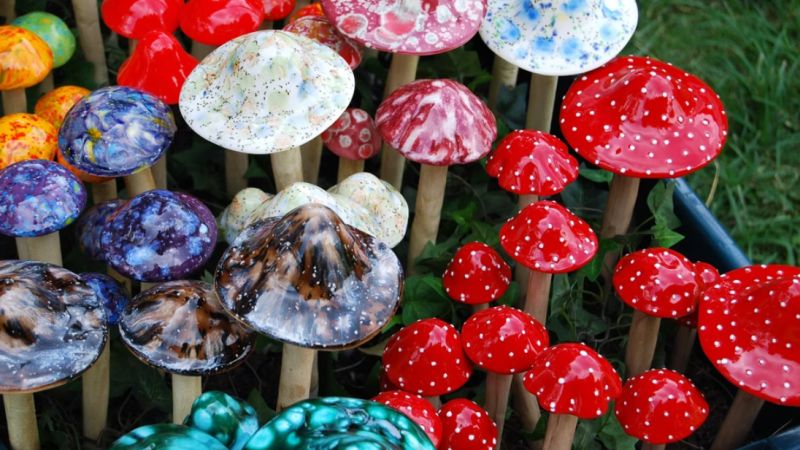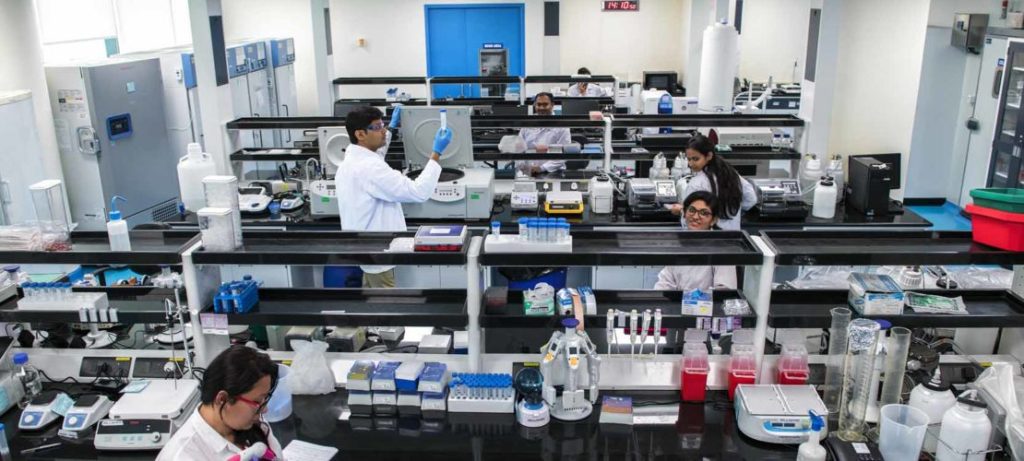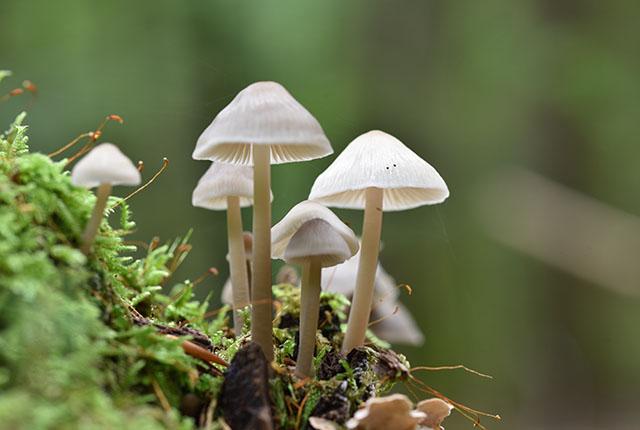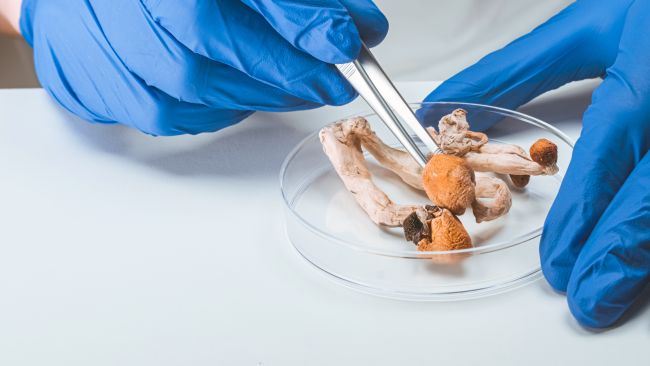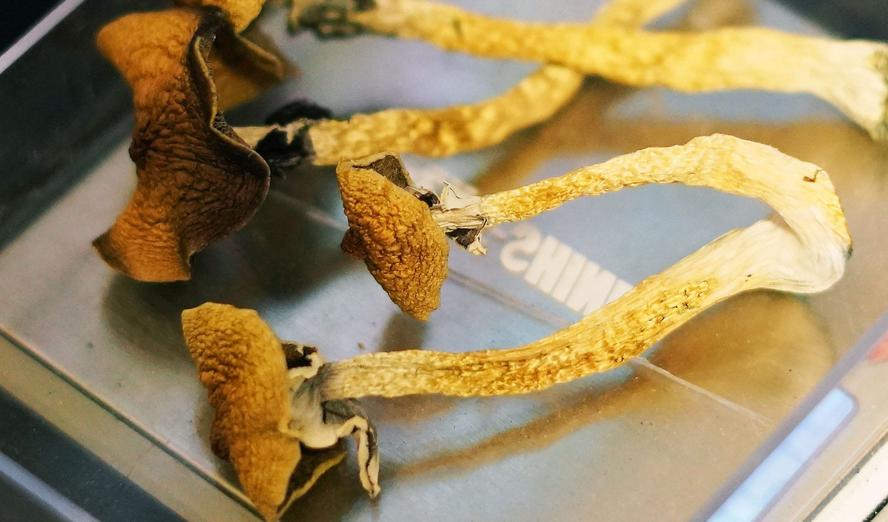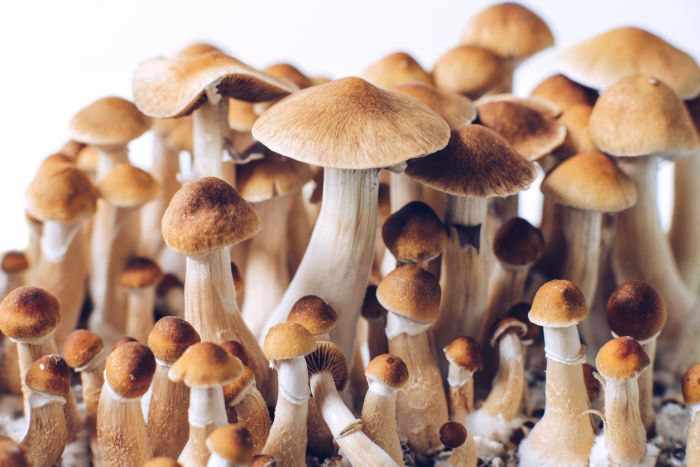For decades, magic mushrooms were dismissed as dangerous or frivolous. Today, they’re at the center of one of the most exciting shifts in modern medicine. Psilocybin—the active compound in magic mushrooms—is being studied for its potential to treat mental health conditions that traditional therapies often fail to address. But could these humble fungi truly transform mental healthcare? Let’s explore what the science, history, and future suggest.
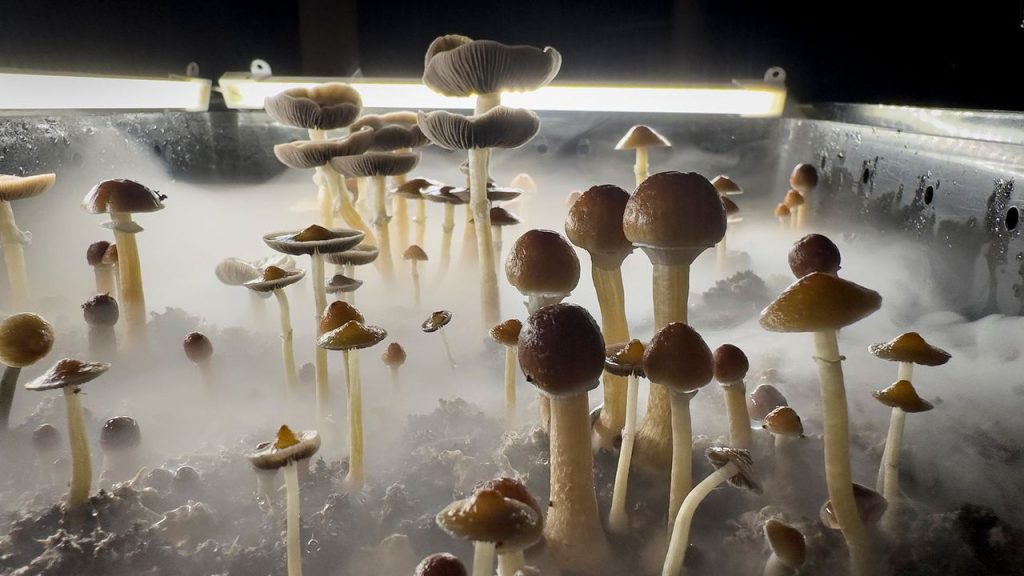
A Brief History of Psilocybin in Healing
Magic mushrooms have been used for centuries in indigenous rituals across Central and South America. For many cultures, they weren’t just plants but sacred tools for healing and spiritual growth. In the 1950s and 60s, Western researchers began studying psilocybin in clinical settings. Early findings were promising, but the war on drugs quickly shut down most research, pushing psychedelics into the shadows.
Fast-forward to the 21st century: a renaissance is underway. Universities like Johns Hopkins, Imperial College London, and Yale are leading new studies on psilocybin, and the results are capturing global attention.
Why Magic Mushrooms Are Being Taken Seriously Again
Mental health disorders—depression, anxiety, PTSD, and addiction—are some of the most pressing challenges in healthcare today. Traditional treatments, like antidepressants or talk therapy, work for many but leave a significant portion of patients without lasting relief.
Psilocybin works differently. Instead of being taken daily like most medications, it is usually administered in one or a few guided sessions. Under the right conditions, psilocybin appears to help the brain “reset” entrenched patterns of negative thought. Patients often describe the experience as one of profound clarity, emotional release, and connection.
Early studies suggest:
-
Depression: Psilocybin therapy has shown rapid and long-lasting reductions in symptoms, even for treatment-resistant depression.
-
Anxiety: Cancer patients given psilocybin often report reduced anxiety about mortality and improved quality of life.
-
Addiction: Clinical trials are exploring psilocybin’s ability to help people quit smoking, drinking, or misusing substances.
-
PTSD: While research is ongoing, psilocybin’s ability to soften traumatic memory loops shows promise.
The Role of Set and Setting
One crucial aspect of psilocybin therapy is how it’s administered. Unlike conventional drugs, psilocybin isn’t prescribed casually. Research emphasizes the importance of “set and setting”—a supportive environment and trained guides to help participants navigate the intense psychological effects.
This means psilocybin isn’t just a chemical fix; it’s part of a therapeutic process. The psychedelic session is typically combined with preparatory counseling and post-experience integration therapy, ensuring the insights gained can be applied in everyday life.
Challenges and Risks
Despite the optimism, psilocybin is not a magic bullet. Risks include:
-
Challenging experiences: Some sessions can bring up intense fear or distress, though with proper guidance these can be processed constructively.
-
Accessibility: Psilocybin therapy requires trained professionals, which could limit availability if demand surges.
-
Legal barriers: While some regions are decriminalizing or legalizing psilocybin for medical use, it remains illegal in many parts of the world.
-
Long-term unknowns: More large-scale studies are needed to fully understand safety, dosing, and long-term effects.
The Future of Mental Healthcare?
If ongoing clinical trials continue to show positive results, psilocybin could become one of the most groundbreaking mental health treatments in decades. In fact, the U.S. Food and Drug Administration (FDA) has already designated psilocybin-assisted therapy as a “Breakthrough Therapy” for depression, signaling its potential.
Beyond treatment, psilocybin may also change how we view mental healthcare itself. Instead of relying solely on daily medication, we could move toward transformative, experience-based therapies that address root causes and help patients reconnect with themselves.
Final Thoughts
Magic mushrooms are no longer relegated to counterculture—they’re stepping into the medical spotlight. While more research is needed, the potential is undeniable.…
